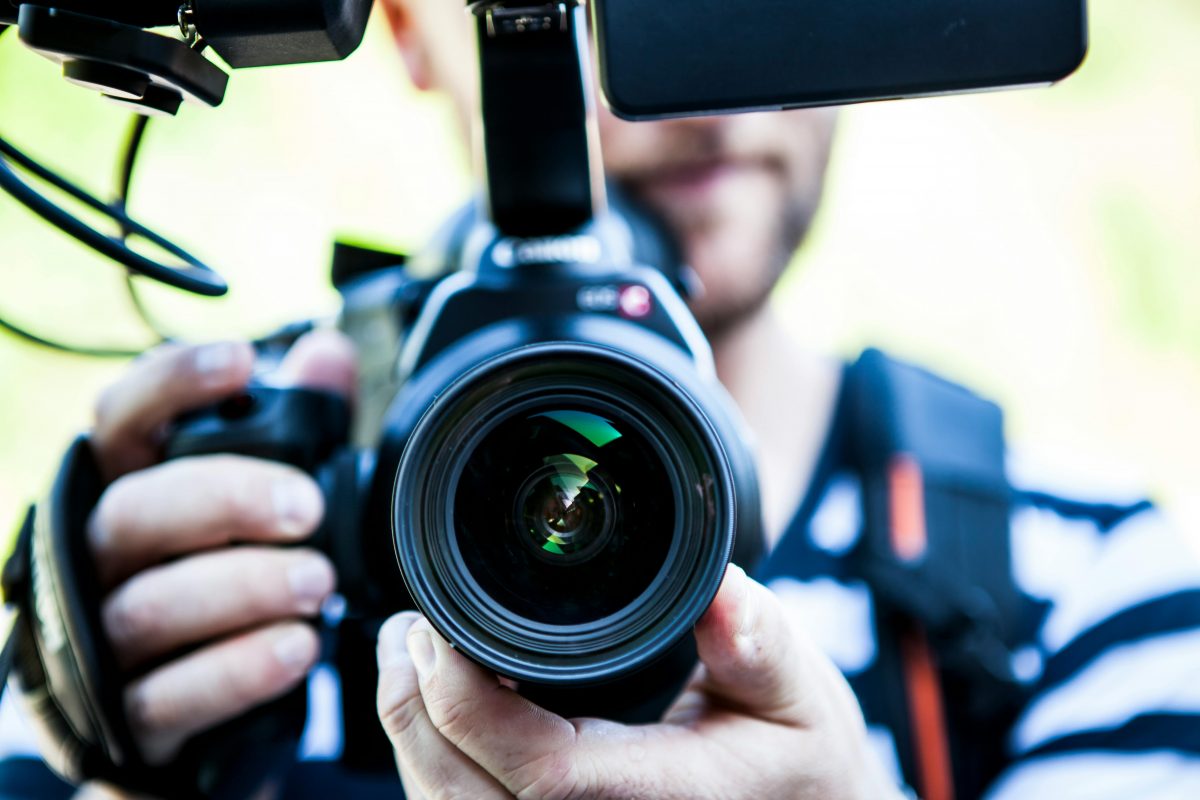
By Yamila García
Recently, I had my first photo session for a yearbook. I had never had to take one since, in my country, school photos are only in groups. I don’t like photos; they make me feel exposed. As a child, I really liked them, but at some point over the years, I became very self-conscious, and now photos generate the same level of anxiety that an oral presentation in front of a lot of people would cause me. Days before my turn for the session, I was worrying and even dreaming about it. I had nightmares that it would be in a giant place, full of people and that while they were taking my photos, everyone would be there, judging me with their eyes. On the day of the session, I arrived early, and there was no one there. I stayed waiting for the photographer at the door, and when he returned, I entered a small room. Small spaces help me feel more in control of the situation. The photographer was extremely friendly, so I felt free to tell him that I suck at taking photos and that I don’t like them at all. He was extremely kind and really helped a lot to make it more bearable.
In any case, the anxiety inside doesn’t stop even with a miracle. I sweated the entire session, which was probably 10 minutes but felt like 10 hours. I don’t even sweat in the summer, just because of anxiety. I felt like I had a kind of rash on my face; I knew I was probably red. I was totally overwhelmed. I would like to describe the million thoughts that came to my head while the kind photographer stood behind his camera, but it is impossible. It was like a stream of hurtful things, things I would never think or say to anyone. I was out of breath because my thoughts were drowning me. When I finally finished, already turning on my automatic mode, I thanked the kindness and left. A meeting I had was canceled, and nothing gave me more relief, not because I didn’t want to have it, but because I didn’t have a drop of energy left. I drove home, and as soon as I got there, I sat on the couch and fell asleep. Consumed as if instead of a photo session I had run a marathon! Anxiety is like 5 marathons put together, all at the speed of 100 flat meters, with a backpack full of weights and no shoes. A complete nightmare that not only remains in your head, but you feel it with your entire body and it exhausts you like the most extreme physical activity.

